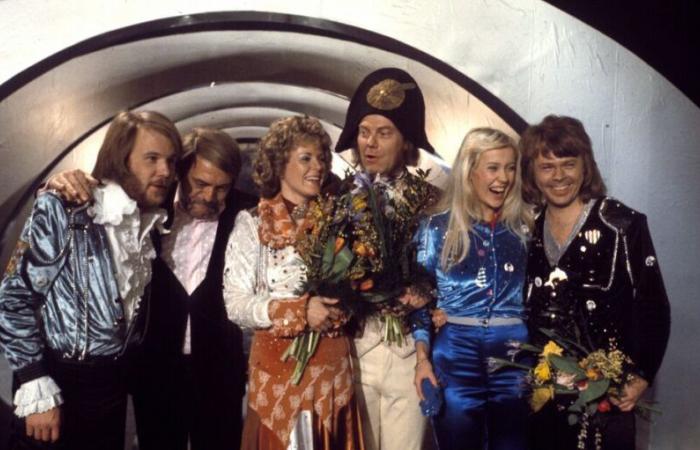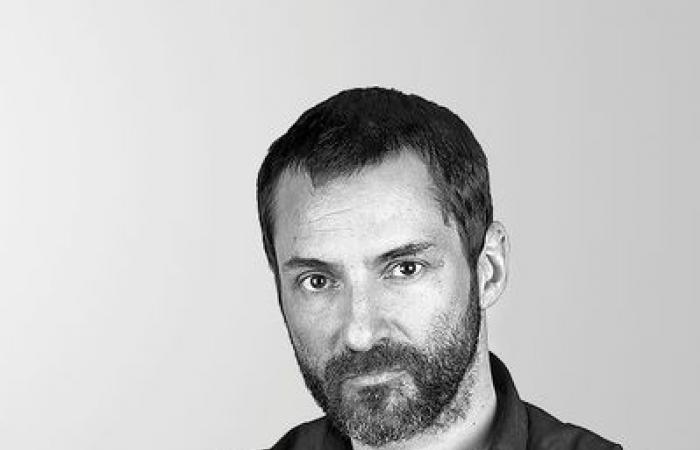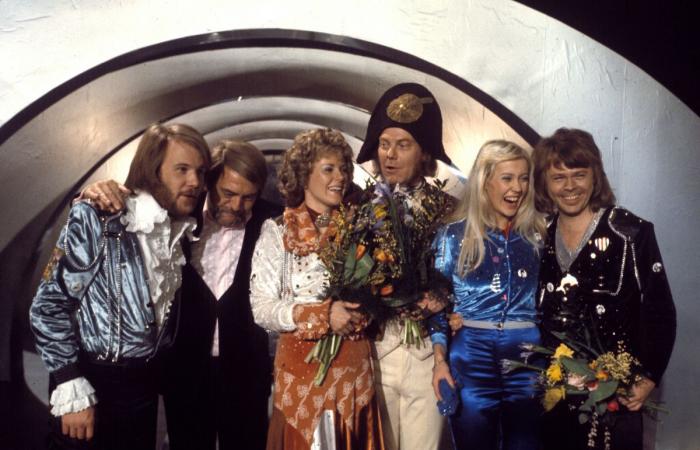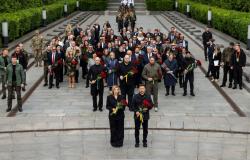Music industry –Eurovision: why the song factory does not know how to make tubes
In 70 years, the competition has generated 1,700 original compositions but a handful of classics. Is Eurovision Waterloo?
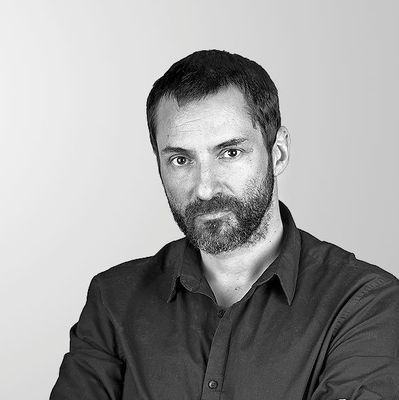
Posted today at 2:29 p.m.
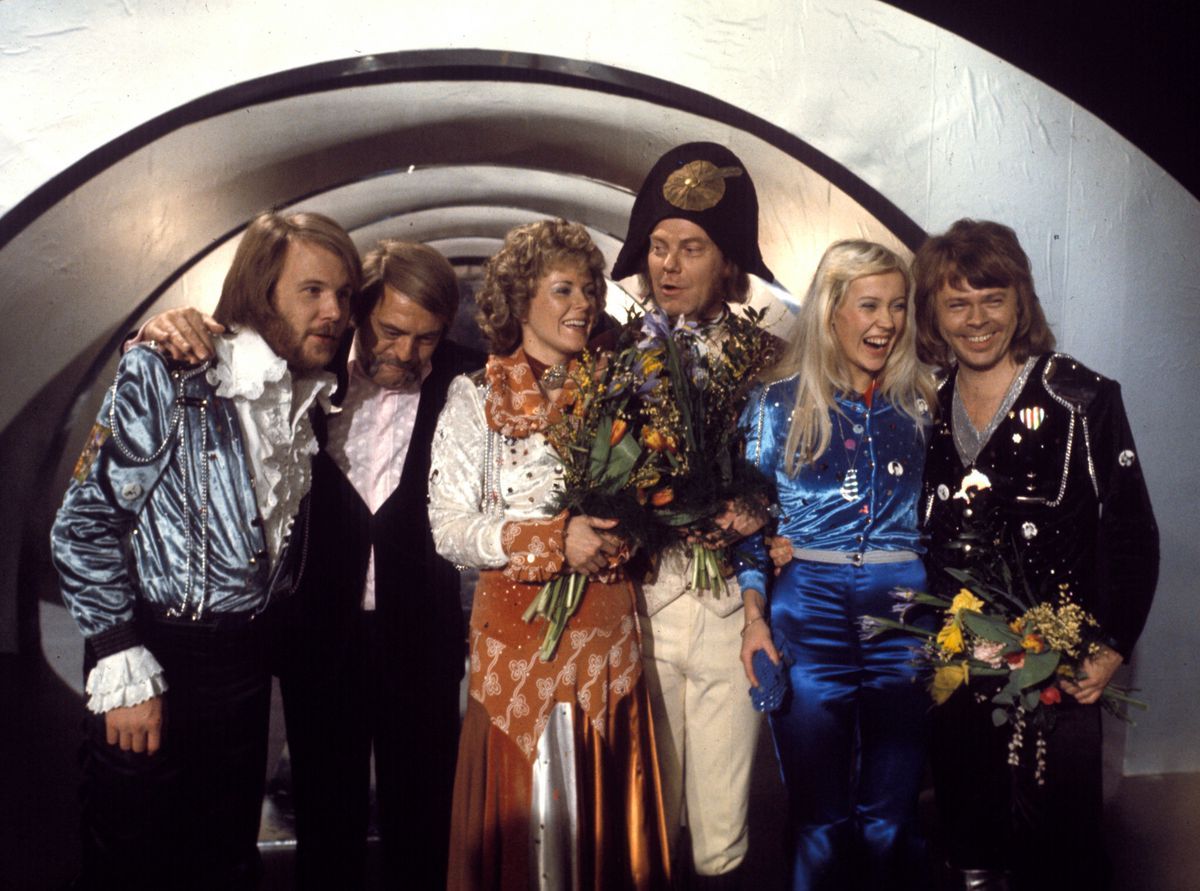
On February 7, 1974, Abba (here with the conductor in Bicorn) signed the first planetary hit in his career – but also from Eurovision. The impact of “waterloo” was not equaled.
IMAGO/TT
Subscribe now and take advantage of the audio reading function.
- Eurovision has generated more than 1,700 songs since its creation in 1956.
- Abba remains the greatest success of the competition with “Waterloo” in 1974.
- It has produced only few classics recognized universally.
Of course, there is Abba! And “waterloo”. It is said. But still? But then? This does not prevent anyone from sleeping, but the observation is surprising: since its creation in 1956, the largest song competition in the world has not catapped a lot to the pantheon of the classics that we whistle in the shower of Ushuaia in Ulan-Bator via Basel, where l’Eurovision will pour his new harvest from original compositions on May 13.
In all, more than 1,700 songs were born on the baptismal font of the show! And less than a dozen, counting very wide, which can take advantage of an indisputable renown the size of a “California hotel”, “Candle in the Wind”, “We Will Rock You” or more recently “Despacito”. In this yardstick, combining planetary success, intergenerational posterity and millions of sales, the Eurovision best-of would hold on an album not even double! And the record manager who would have bet on such a poor horse would be so dry.
European competition
There is a part of Lapalissade to explain the world’s non-proof of Eurovision: a European competition cannot shake the United States, the first providers of pop songs since the end of the Second World War. That said, the United Kingdom has participated in the competition since 1957 and the countries that have been composed of it were not the last to feed world juke-box, Beatles in Elton John, Pogues in Adele. As for the English language, this factor of universality, Eurovision has more often authorized it than prohibited, unlike the generally shared belief: the obligation to sing in its national language was only imposed between 1966 and 1972, then from 1977 to 1998.
At this point, you will find additional external content. If you accept that cookies are placed by external suppliers and that personal data are transmitted to them, you must allow all cookies and directly display external content.Allow cookiesMore info
However, it is no coincidence that ABBA decided to present “Waterloo” in English in front of the competition cameras in 1974, when he interpreted it in Swedish during the playoffs. This choice then participated in the modernity of the group, the first artist to win Eurovision outside his national language. But this parameter would have little without the strength of the song, its unstoppable harmonies, its smiling glam rock and the uninhibited lifestyle of its performers, as a couple on stage as in the city. An impeccable balance between tradition and audacity: suddenly, Eurovision was connected with its time, which will rarely be the case.
Dated songs
“Eurovision has often been ahead of a geopolitical plan and late on a musical level,” sums up Jean-Marc Richard, who has followed the event for Switzerland since 1993. It is enough to savor the performance of Sandie Shaw in 1967 to prove her right: the year when England of Beatles reigns without world pop, her representative prevails … with a song so dated! Clearly, the competition criteria are not those of the street, nor of youth. It was not until 1999 that the voice of the public laid that of professional juries, and 2009 that it counts in equal parts.
At this point, you will find additional external content. If you accept that cookies are placed by external suppliers and that personal data are transmitted to them, you must allow all cookies and directly display external content.Allow cookiesMore info
This notion of competition and the vote which nourishes it remains the main explanation for the little resonance of the winning songs. We first want to seduce the juries and the public by honoring his country and betting on cultural and geographic alliances which prevent international influence but authorize numbers one at the national level – “wax doll, his doll” (1965) in France, “Soldi” (2019) in Italy, “Bailar Pegados” (1991) in Spain, etc.
-Standardized songs
We must also convince according to specific technical criteria (less than three minutes, non -offensive words, emotion and spectacle) which freeze music in a standard and give songs less importance than the show – or the buzz. The Israeli Dana International, the first trans woman to win the competition in 1998, remained more famous than her song. “Rise Like a Phoenix” caused less than the beard of Conchita Wurst. And the “Hard Rock Hallelujah” of the Finnish of Lordi only panicked the Bigots and the Scandinavian Hit-Parades-Metallica has never felt any competition.
At this point, you will find additional external content. If you accept that cookies are placed by external suppliers and that personal data are transmitted to them, you must allow all cookies and directly display external content.Allow cookiesMore info
Another handicap: the sudden success of the winner can take by surprise the artist as his supervision, taken aback by this change of scale and tempo – the Swiss Nemo thus separated from his Zurich management after his victory in 2024 and moved to Berlin, then in London, To relaunch his career.
In addition, the relatively autonomous system of Eurovision and its television nature do not always agree with the structures of the discographic industry. Recent tubes are those who benefit from a solid base: winner in 2021, Måneskin was a Sony Music artist since his first disc four years earlier, and his “Zitti e Buoni” took advantage of this international network. Ditto for “Euphoria” by Loreen (2012), early followed and promoted in clubs by Warner Music.
Forgotten songs
Above all, Eurovision promotes the visibility of the artist much more than of his song. That in common Serge Lama, Patrick Juvet, Françoise Hardy, Julio Iglesias, Hugues Aufray, Nana mouskouri et Henri from? They all participated in the competition in their early days. Who remembers their song? Person! “When I arrived in Dublin in 1971, I knew that my song had no chance, says Serge Lama in” La saga Eurovision “(ed. Favre), but it was a way to access the notoriety that I finally had two years later.”
Even Céline Dion, who won Eurovision for Switzerland in 1988, failed to impose “Do not start without me” among her classics: the winning song, which made the Quebecois known to the world, culminates at 10 million views on YouTube, quite far from the 593 million “I’m alive” …
At this point, you will find additional external content. If you accept that cookies are placed by external suppliers and that personal data are transmitted to them, you must allow all cookies and directly display external content.Allow cookiesMore info
Successful success
And then, beware of the winners! The success of Eurovision are not always the winning songs, which take all the light to the detriment of others. Best example: “Nel Blu Dipinto Di Blu”, better known by the title of “Volare”, who has become a classic of the Italian repertoire before being taken up by Dean Martin, Paul McCartney and the Gipsy Kings. The song by Domenico Modugno ended only 3e in 1958! Should we specify that it has entered posterity more than “Dors Mon Amour”, by André Claveau, who had the competition won in France?
By the way, speaking of tubes, do not forget the most enduring Eurovision. Better than a hit: a hymn! Marc-Antoine Charpentier’s “Te Deum”, timeless since 1956. And still no remix.
At this point, you will find additional external content. If you accept that cookies are placed by external suppliers and that personal data are transmitted to them, you must allow all cookies and directly display external content.Allow cookiesMore info
François Barras is a journalist at the cultural section. Since March 2000, he notably recounts current music, past and why not future.More info
Did you find an error? Please report it to us.
0 comments

